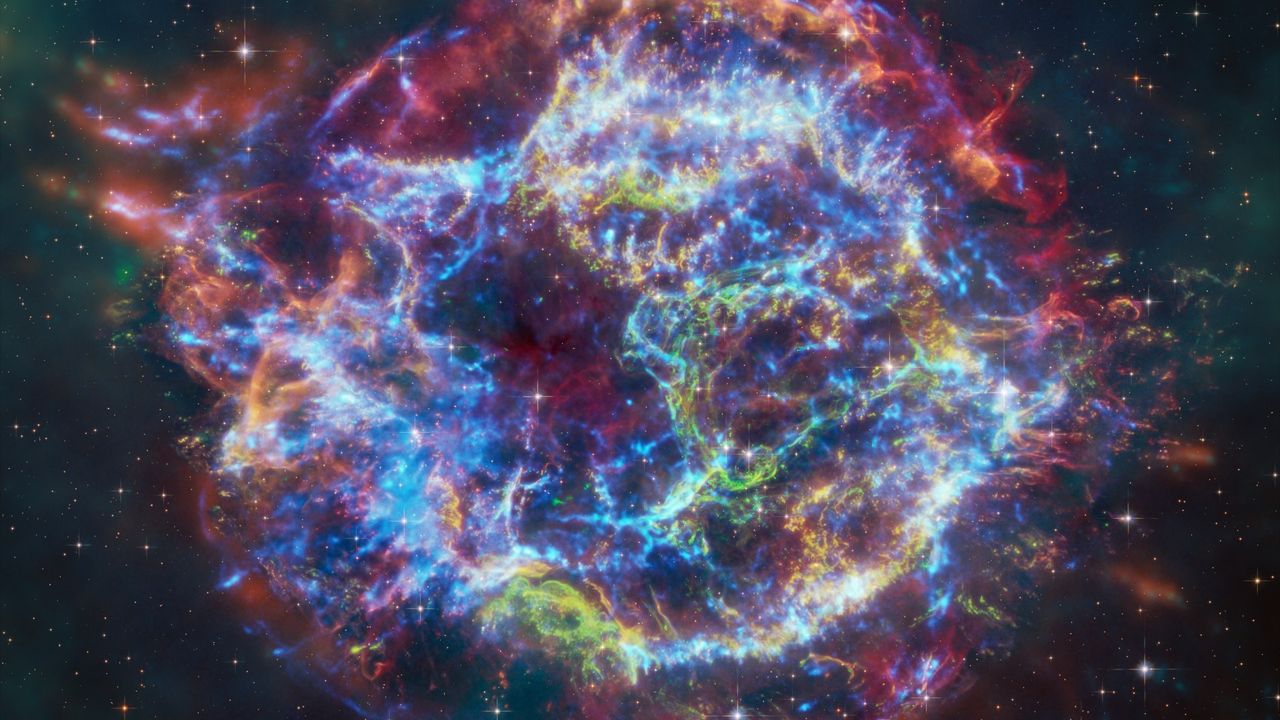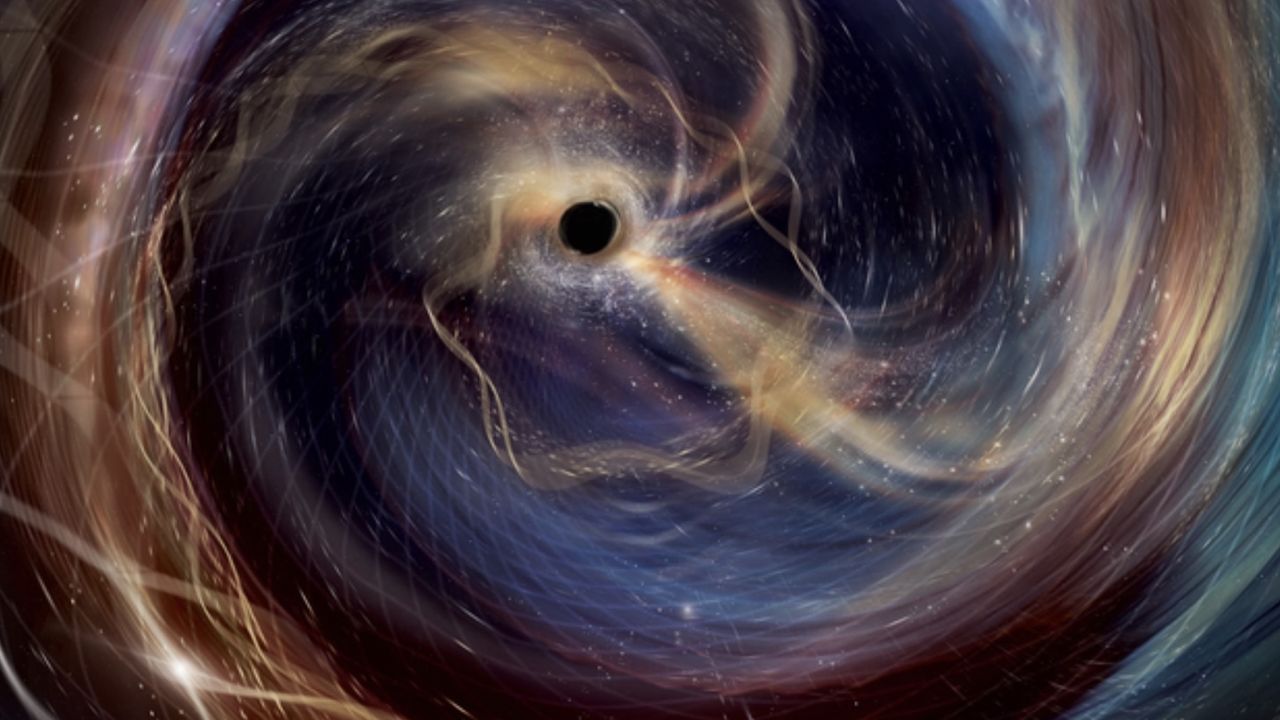'Anti-social' cosmic explosion could change the way we think about dying stars and supernovas
PositiveScience

A recent study on a unique cosmic explosion is reshaping our understanding of dying stars and supernovas. Researchers have detailed the evolutionary phases of this supernova with remarkable precision, which could lead to new insights in astrophysics. This discovery is significant as it challenges existing theories and opens up new avenues for exploration in the universe.
— Curated by the World Pulse Now AI Editorial System





